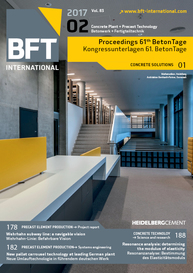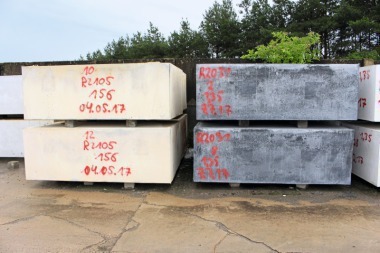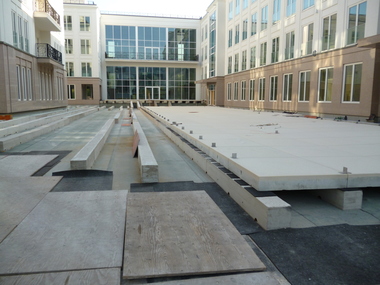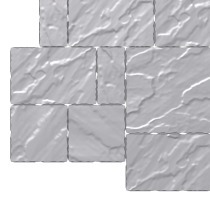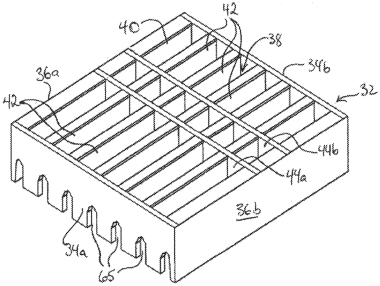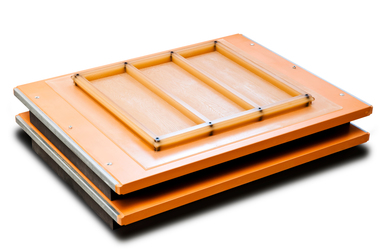Opportunities provided by concrete block technology
Rationale
Cast concrete stone is a product that originates from cast-in-place terrazzo. There are two different manufacturing methods:
1. Conventional production
2. Concrete block technology
Conventional production
Previously, molds had generally to be built for all cast stone products, such as treads of stairs. The concrete mix is poured into the mold to harden until the surface finishing step, which can include grinding, brushing or sand-blasting. This manufacturing process is very sophisticated and requires a very high level of skill and workmanship. This labor-intensive and costly approach was...


